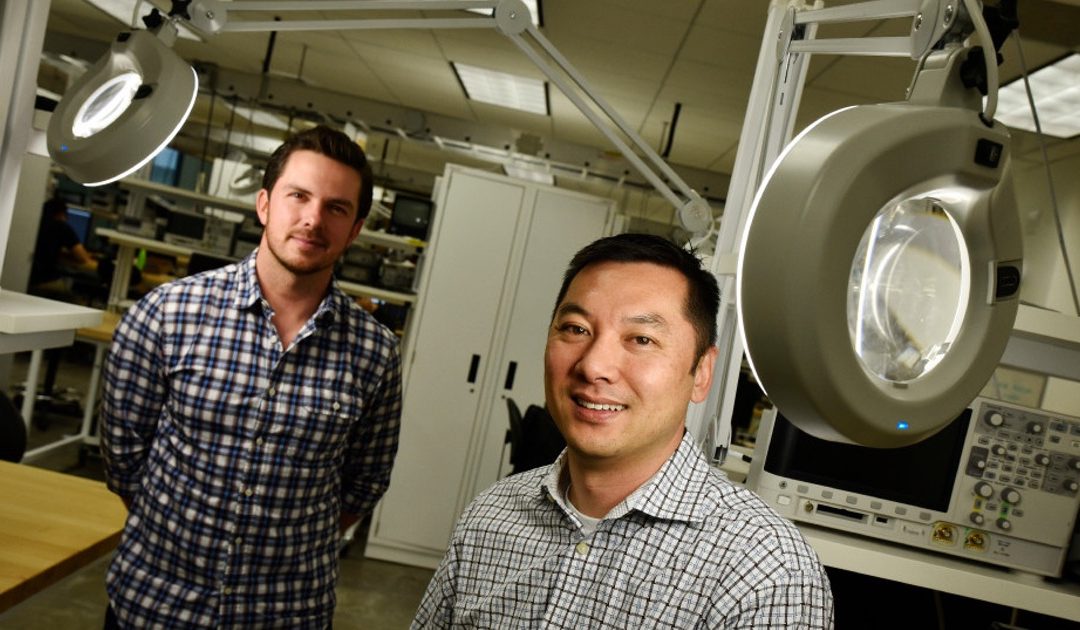Note: Edited to change BridgeAlliance to two words.
Like many entrepreneurs, William White and his partner at TraceIt, a logistics startup, wanted to get going by bootstrapping, earning investments from venture capitalists. After searching through the professional funding circuits and securing about $30,000 in grants and competition earnings, White and his partner turned to a customer for capital.
White said it’s more challenging for startups to gain funding through professional investors. So instead of blowing through resources to find those investors, the TraceIt founders looked inward — to industry players with market footholds. In February, TraceIt locked in $500,000 in seed funding from a McKinney-based trucking company with technology demands TraceIt is already looking to meet.
It’s a partnership of sorts, and it’s part of a growing business trend that essentially flips the entrepreneurial business model on its head.
“For us, the investment needed to be more than just money,” White said. “More importantly, we wanted someone with a lot of contacts in their industry and to help us develop a product that’s tailored to that industry.”
Larger companies invest in startup companies for many reasons. Whereas the traditional view of venture capital investment is an entrepreneur making a pitch for capital, going after rounds of funding, the large companies are the customers with innovative needs of their own.
Because large companies have deeper industry roots — and fatter budgets — startups can win big from these strategic investments. Corporate venture capitalists are looking for startups whose missions align, or can be synergistic, with, their company’s mission. It’s not just a financial investment.
Startups can win opportunities to build disruptive technologies that can boost a company’s viability in the market. By working with an established company, startups can gain bellwether insights as they work to take their own services to market.
‘Valuable partnerships’
Olia Bosovik, the assistant director of the Venture Development Center at the University of Texas at Dallas, said Adaptive 3D, a company started by UTD professor Dr. Walter Voit, did some research and development work for a larger company and procured a capital investment.
“Those are extremely valuable partnerships on both ends, because it’s essentially a strategic partner once again, and because they’re already your customer,…

